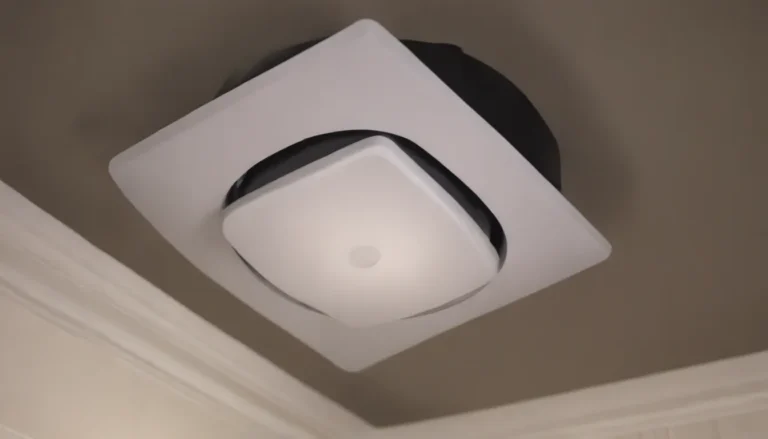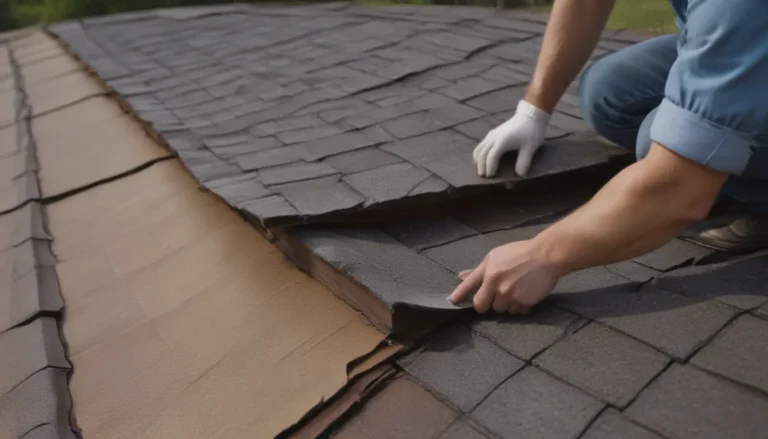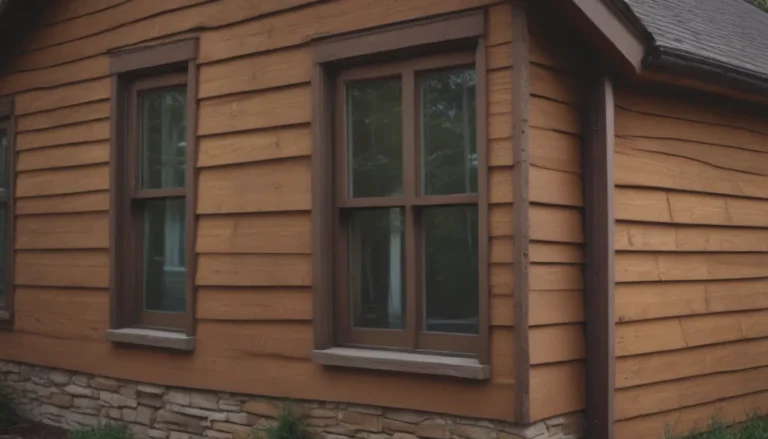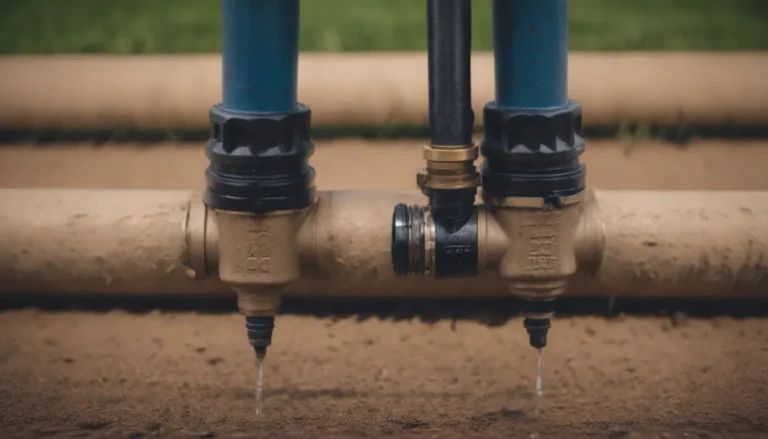Understanding Thermostat Replacement Costs and Options for Your Home
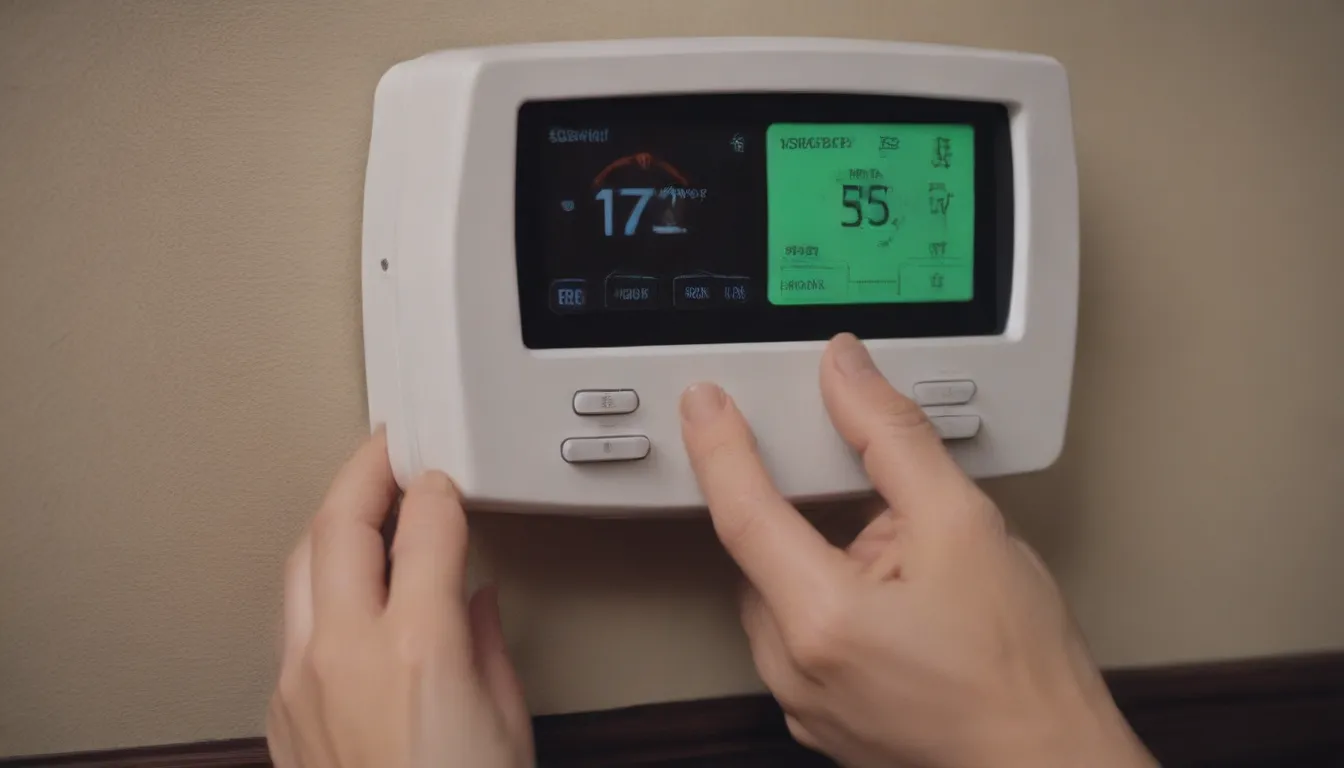
When it comes to maintaining indoor comfort and energy efficiency in your home, having a functioning thermostat is essential. A properly working thermostat not only keeps you comfortable but also helps save energy and money in the long run. If you’re considering replacing your thermostat, it’s important to understand the costs involved and the different types of thermostats available on the market.
The Cost of Thermostat Replacement
The average cost of thermostat replacement is $255, with a range of costs typically falling between $195 and $315. However, the type of thermostat you choose will greatly impact the overall cost of replacement. Here are some common types of thermostats and their average costs:
-
Smart Thermostat: Smart thermostats are the latest in thermostat technology, offering advanced features and the ability to integrate with other smart home systems. The average cost of a smart thermostat is $235, with a range of costs between $105 and $365. These thermostats are Wi-Fi-equipped and can learn your heating and cooling patterns, automatically adjusting settings for optimal performance.
-
Wi-Fi Thermostat: Wi-Fi thermostats are another popular option, costing an average of $180. These thermostats allow remote access via smartphones and are fully programmable. While they lack the learning capabilities of smart thermostats, they still offer convenience and energy savings.
-
Programmable Electronic Thermostat: Electronic programmable thermostats are a more budget-friendly option, costing an average of $115. These thermostats allow you to digitally schedule heating or cooling settings and are self-contained for easy programming.
-
Manual or Electronic Thermostat, Nonprogrammable: Manual thermostats are the most basic option, costing an average of $25. While they are nonprogrammable, they are easy to install and allow for manual temperature adjustments.
Factors Affecting Thermostat Replacement Costs
In addition to the type of thermostat chosen, there are other factors that can impact the cost of replacement:
-
Labor Costs: The cost of labor for thermostat replacement can range from $40 to $150 per hour, whether you hire an electrician or an HVAC technician. Most projects take about two hours, but this estimate can increase if additional work, such as opening up walls, is required.
-
New vs. Replacement Thermostat: Installing a new thermostat typically costs more than replacing an existing one, as new wiring may need to be run through walls and ceilings. Wiring for smart thermostats often requires a five-wire color-coded bundle, which may not be present in older systems.
-
Relocating the Thermostat: If your thermostat is in an inconvenient location, relocating it may be necessary. Moving the thermostat to a central area away from direct sunlight, doors, and windows can improve accuracy and efficiency.
DIY vs. Professional Installation
While installing a thermostat can often be a DIY project, there are instances where professional help may be needed. For line voltage thermostats, changing wiring, or programming complex thermostats, it’s best to call in a professional to ensure proper installation.
Lowering Thermostat Replacement Costs
There are ways to reduce the cost of thermostat replacement, such as taking advantage of local initiatives that offer discounted or free programmable or smart thermostats to income-eligible households. Additionally, rebates may be available through local power companies or programs like the EnergyStar Rebate Finder.
In conclusion, understanding the costs and options for thermostat replacement can help you make an informed decision that improves the comfort and energy efficiency of your home. Whether you opt for a smart thermostat with advanced features or a basic manual thermostat, choosing the right thermostat for your needs can make a significant difference in your home’s overall performance.
Remember to consider factors such as labor costs, wiring requirements, and potential rebates to ensure you get the best value for your investment in a new thermostat. A functioning thermostat is not just a convenience but an essential component of a comfortable and energy-efficient home.
